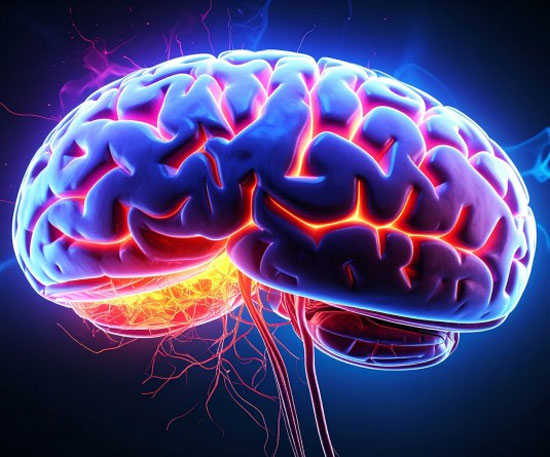Daijiworld Media Network – Bengaluru
Bengaluru, Nov 28: In a major medical breakthrough, Indian researchers have identified a rare USP18 gene mutation linked to repeated neurological decline in children — the first such case ever reported from India. The discovery sheds new light on pseudo-TORCH syndrome type 2, an extremely rare inherited disorder with only 11 documented cases worldwide.
The study, conducted by the Indira Gandhi Institute of Child Health in collaboration with Ramjas College (University of Delhi) and Redcliffe Labs, found that the mutation causes the body’s immune system to become overactive, damaging the brain instead of protecting it. Children with this condition often show symptoms that mimic congenital infections despite having no infection at all.

The findings were published in Clinical Dysmorphology and emerged from the case of an 11-year-old girl who experienced recurrent febrile encephalopathy, seizures, developmental delays and progressive calcium deposits in the brain since infancy. After years of uncertainty, advanced exome and mitochondrial genome sequencing revealed a previously unknown USP18 mutation.
“This breakthrough demonstrates how advanced genomics, combined with strong clinical insight, can fundamentally change a child’s trajectory,” said Aditya Kandoi, Founder and CEO of Redcliffe Labs. He added that discoveries like this push the boundaries of precision medicine in India.
Dr Himani Pandey, Lab Head, Genomics at Redcliffe Labs, noted that this is the first documented case of USP18-related disease presenting with recurrent febrile encephalopathy. “Our expertise in advanced sequencing helps solve complex, long-standing medical mysteries,” she said.
Researchers say the new finding enriches global medical literature and reinforces the importance of early genetic testing for children with unexplained neurological symptoms. The breakthrough also offers clearer guidance for families and supports more targeted care strategies in the future.